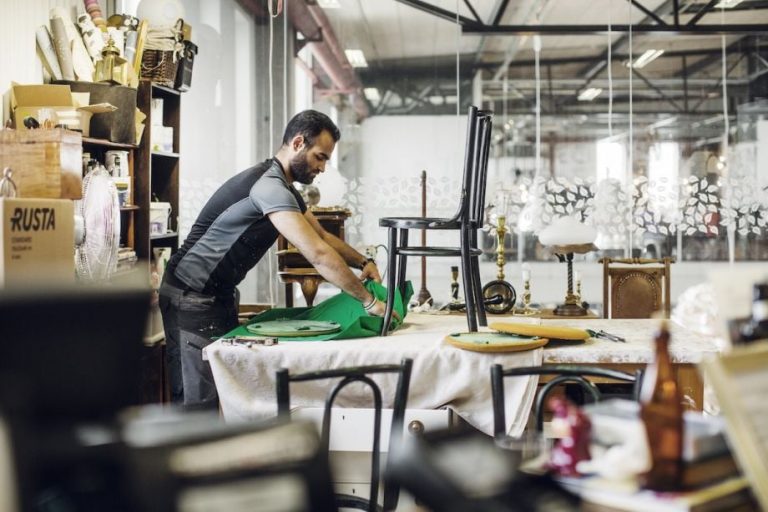Sweden’s ‘Secondhand Only’ Shopping Mall Is Changing Retail
As a fashion sustainability researcher, finding the ReTuna shopping mall in Eskilstuna was a delightful surprise. Stepping into this Swedish shopping centre felt refreshingly different – it is the first in the world to sell only secondhand and repurposed items.
During numerous visits to the shopping mall over the last 18 months, I have spoken to customers, managers and employees – all of whom seemed excited by ReTuna’s innovative business model.
The mall instantly feels very different to the cluttered charity shops or vintage boutiques most of us associate with pre-owned retail. There is a wide range of products on sale – fashion, sports equipment, household items, children’s toys, antiques – and even an Ikea secondhand store selling previously used and repaired furniture.






